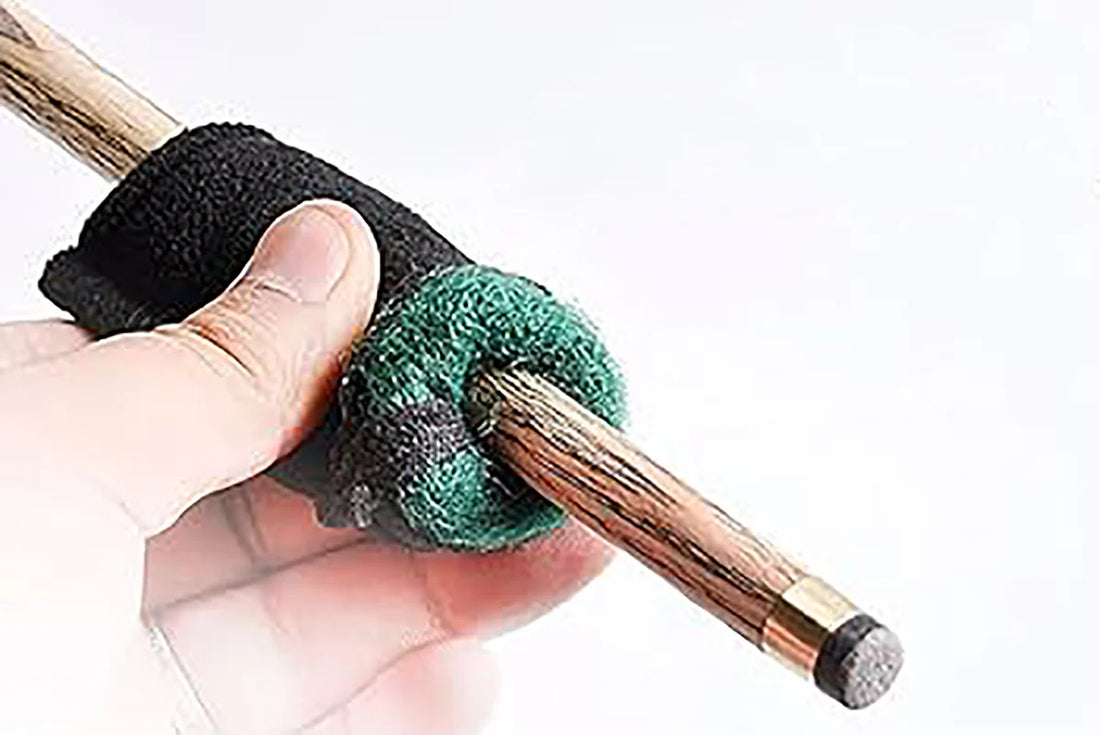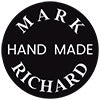
The Ultimate Guide to Maintaining and Caring for Your Snooker and Pool Cues
If you've ever spent hours searching for the perfect cue—one that feels like a natural extension of your arm and fills you with confidence before every shot—you already know that owning a great cue is only the beginning of the story. The real secret lies in how you care for it.
Your snooker or English pool cue is more than just a stick of wood; it's your trusted companion. It's there for you through every tense shot, every nervy clearance, and every breathtaking moment as you sink that last black. Like a fine musical instrument or a classic car, it deserves care, respect, and daily attention. Even the best cue will lose its sharp edge if neglected.
This guide will walk you through the importance of cue care, the steps to maintain it, and common mistakes to avoid—so your cue not only lasts for years but keeps you playing with confidence, consistency, and class.
The Importance of Cue Care
Picture this: you’re down to the last black. The room is quiet. You chalk up, take your stance… and something feels off. The cue shaft feels sticky. The cue tip doesn’t quite grip. The cue stick doesn’t slide as it should. That tiny distraction can ruin focus — and possibly the frame.
Cue care isn’t vanity; it’s about performance and precision. Here’s why it matters:
- Consistency is everything: Dirt, chalk dust, and oil can change how the snooker cue slides through your fingers, throwing off timing and touch.
- Protect your investment: A quality cue isn’t cheap. Whether it’s handmade ash, maple, or carbon fiber, regular maintenance can protect it from warping and damage.
- Boost your confidence: There’s a certain peace of mind when you know your equipment is reliable — and that translates into better play.
Just like giving your cues an annual checkup—a few small checks now and then will keep them performing well for years to come.
How to Maintain and Care for Your Cue (Step-by-Step Guide)
1. Keep It Clean — The Golden Rule
The first and simplest rule for cue care is to keep the cue shaft clean. During play, cues collect chalk dust, sweat, and oils from your hands, which create unwanted friction.
After every session:
Wipe your cue with a soft, dry microfiber cloth.
- Avoid using water, alcohol wipes, or household cleaners — they strip the natural oils and damage the finish.
- For occasional deep cleanings, use a cue-specific cleaner or conditioning wipes to keep the shaft silky smooth.
- Once a month, lightly polish your pool cue with cue wax or conditioning oil (formulated for ash or maple).
If your shaft feels sticky, it’s likely just a buildup of residue, not a sign that it needs sanding. Never sand your cue. It removes the protective layers and weakens the timber. Instead, use cue balm or wax to restore that “like-new” glide.
2. Protect the Tip — The Beating Heart of Your Cue
Your cue tip is the engine of every shot — where power meets precision. A worn or hardened tip can ruin your cue ball control faster than you’d think.
Here’s how to keep it in shape:
- Shape regularly: Keep your tip rounded — roughly the shape of a 10p coin — for optimal cue ball contact.
- Scuff gently: Use a tip scuffer to maintain grip and prevent glazing.
- Replace when necessary: If your tip feels rock-hard, flat, or won’t hold chalk, it’s time to replace it.
👉 Want to do it yourself? Check out our in-depth guide: How to Replace a Snooker or English Pool Cue Tip for step-by-step instructions. Remember: Use chalk properly. When applying chalk with a gentle twisting motion, not by grinding it into the cue tip — that only wears it out and creates dust that ends up all over your cue case and billiard cue.
3. Store It Right — Avoid Warping at All Costs
Nothing is more heartbreaking for a player than discovering their English pool cue has warped. Wood expands and contracts with changes in temperature and humidity, so proper storage is essential.
- Always store your cue in a hard cue case. → Explore our collection of snooker cue cases for reliable protection.
- Keep your cue horizontal or upright, never leaning against a wall for long periods.
- Avoid extreme heat or cold — never leave your billiards cue in a car boot, by a radiator, or near windows.
- Don’t store chalk in your cue case. Chalk dust can get into your cue joints and damage threads or finishes.
In short: a good cue case isn’t just an accessory — it’s your cue’s first line of defense.
4. Mind the Joint — The Connection That Holds It Together
If you use a two-piece or 3/4 piece snooker cue, your joint is vital. It ensures a secure, vibration-free connection between the sections.
- Keep joints clean and free from chalk or dust. A soft toothbrush or cue joint brush works well.
- Don’t overtighten the joint — that can strip threads or stress the wood.
- Occasionally, check the alignment; it should screw together smoothly and stay snug.
- Use joint protectors when the cue is disassembled to avoid damage.
For brass or alloy cue joints, gently wiping them with a dry cloth will preserve their shine and prevent corrosion.
5. Care for the Butt and Veneers
The butt is where craftsmanship shines — splices, veneers, exotic woods. It’s also the part most prone to accidental knocks.
- Avoid banging the cue on tables or floors (we’ve all done it after a missed shot).
- Wipe it down with a soft, dry cloth.
- Keep it out of direct sunlight to prevent the surface from fading or drying of finishes.
Small dents or scratches may seem harmless, but can alter balance or comfort over time — treat them with the same care you give the shaft.
6. Respect the Weather — Especially in the UK
The British weather isn’t kind to wooden cues. A sudden shift from a damp winter to a centrally heated room can cause serious damage.
- Use a dehumidifier where you store your cues.
- Rotate cues occasionally if you own more than one.
- Check straightness regularly by rolling it on a flat surface.
Remember: Temperature changes don’t cause immediate damage — it’s the transition between cold and warm environments that does.
So, when you’re tempted to leave your cue in the car overnight after a late match, don’t. Bring it in. Your future self (and your cues) will thank you.
7. Use a Break Cue
Another often-overlooked cue care tip — don’t use your playing cue for break shots. The immense force of a break-off can subtly flex or stress your cue over time.
A cheaper, sturdier break cue will handle the impact, leaving your main snooker cue to do what it does best — precision, not power.
8. When to Seek Professional Help
Even the most careful players need an expert’s touch occasionally.
If your cue starts feeling “off,” consider a professional tune-up. Skilled cue-makers can:
- Re-tip or refit cue ferrules
- Straighten a bent shaft
- Refinish or re-oil the cue
- Restore old cues to near-new condition
Think of it as sending your cue for a spa treatment. Every few years, it's a worthwhile investment.
Common Cue Care Mistakes to Avoid
Before we wrap up, let’s clear up some myths:
❌ Never sand your cue. This will damage the finish and weaken the wood.
❌ Don’t store cues near heat sources. Warping is permanent.
❌ Don’t overtighten joints. It won’t make it sturdier — just risk cracking.
❌ Don’t use baby powder. It clogs the shaft. Use a cue glove or towel instead.
These small details separate a cue collector from a cue keeper.
Love Your Cue, and It’ll Love You Back
Maintaining your snooker or English pool cue isn’t a chore; it’s a small act of respect for your craft. Each clean, polish, and adjustment helps your cue feel “fresh” — smooth, responsive, and dependable.
A properly cared-for cue will give you control, stability, and confidence. When you stand before your final black shot, you'll know your cue is ready to perform with precision.
So, take good care of your cue—store it properly, maintain the cue tip, and keep it sparkling. Because in snooker, as in life, the details make the difference.
